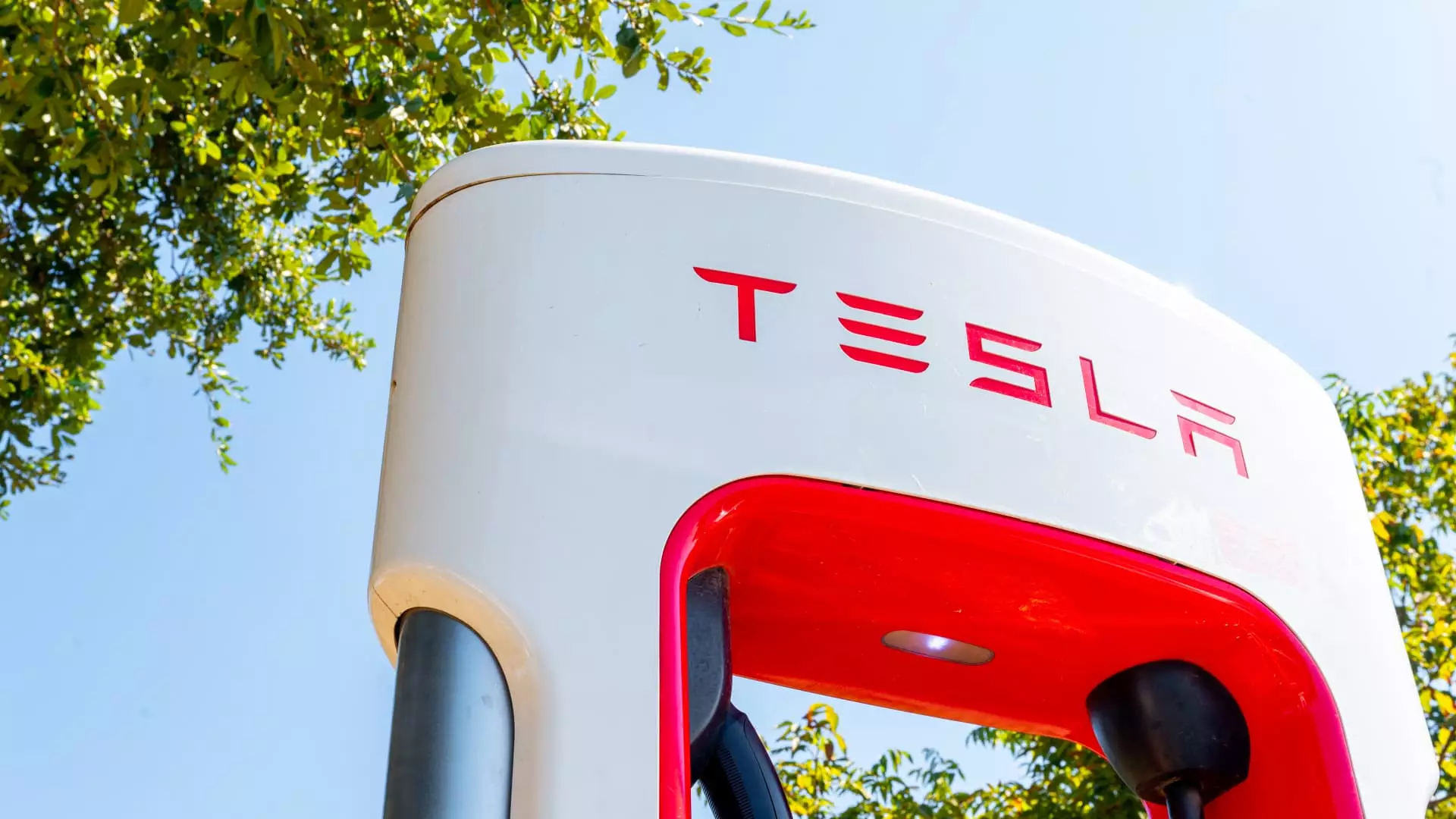In a deeply tragic incident that underscores the perilous intersection of technology and human life, the family of Genesis Giovanni Mendoza-Martinez is taking legal action against Tesla following a fatal crash in which the 2021 Model S sedan he was driving collided with a parked fire truck in Walnut Creek, California. The lawsuit, filed in October 2023, asserts that Tesla’s purportedly deceptive marketing practices regarding its Autopilot feature significantly contributed to the accident. The claims highlight a broader discourse surrounding the responsibilities of tech companies in representing their products truthfully, especially when it comes to automotive safety technologies.
Mendoza’s brother, Caleb, was a passenger in the vehicle and sustained serious injuries, adding an emotional layer to a lawsuit that seeks not only accountability but justice for their loss. The case has been recently transitioned from state to federal court, an action that places additional hurdles in the path of the plaintiffs, as federal courts typically require a higher standard of proof in fraud cases.
The crux of the Mendoza family’s allegations centers on the assertion that Tesla’s long-standing claims about its Autopilot system represent “fraudulent misrepresentation.” They argue that CEO Elon Musk and the company have misled consumers through exaggerated statements about the capabilities of Autopilot, presenting it as a superior autonomous driving solution. Such claims extend to social media, company blogs, and public statements made during earnings calls, which the plaintiffs allege were crafted to bolster Tesla’s market image and, by extension, its financial standing.
Tesla’s legal representatives contend that Genesis Mendoza-Martinez’s personal negligence played a significant role in the crash, arguing that any misleading claims made by the company were not a substantial factor in the tragic outcome. They stand by the assertion that the vehicles possess a “reasonably safe design,” one that complies with existing regulations. This divergence in narratives not only complicates the case but also emphasizes the ongoing debate regarding accountability in an era of advanced automotive technologies.
The crash involving Mendoza has not occurred in a vacuum; it exists within a broader context of regulatory scrutiny faced by Tesla. At the forefront is an active investigation by the National Highway Traffic Safety Administration (NHTSA), initiated in August 2021, that examines the efficacy of Tesla’s Autopilot and its Full Self-Driving (FSD) variant. Recent updates and modifications to Tesla’s driving systems result from this investigation, but questions linger regarding whether these changes adequately address the potential hazards posed by their technology, especially around stationary emergency vehicles.
The interplay between legal ramifications, regulatory reviews, and public perception is crucial in understanding how companies like Tesla navigate their responsibilities. Notably, the California Department of Motor Vehicles has also stepped into the fray, charging Tesla with false advertising concerning its promotional materials for Autopilot and FSD.
The Broader Implications for Automated Driving Technology
The implications of this lawsuit extend far beyond the tragic anecdote of one family’s loss. As the world increasingly turns to automated driving technologies touted by various companies—from Tesla to Alphabet’s Waymo—society must grapple with the inherent risks that accompany such innovations. The Mendoza family’s claims echo concerns raised by regulators and safety advocates alike: how do we strike an appropriate balance between technological advancement and public safety?
Given that other lawsuits concerning Tesla’s Autopilot are actively in progress—most of which revolve around similar claims—the broader implications of this case could lead to significant shifts in how automated driving technologies are developed, marketed, and regulated. Tesla’s latest push to promote advancements in their FSD system only intensifies scrutiny, as many competitors have already launched their own commercial robotaxi services, highlighting that the race for autonomous vehicle supremacy is just as critical as the conversation surrounding safety and accountability.
As this legal battle unfolds, the Mendoza family’s fight represents not just a search for justice in their tragedy, but also a reckoning for the larger automobile industry as it navigates the complexities of innovation, public trust, and safety. The outcome of this case could set precedential markers for how companies represent their advanced technologies, especially as consumers weigh the allure of the latest innovations against their profound responsibility to prioritize safety above all.


Leave a Reply